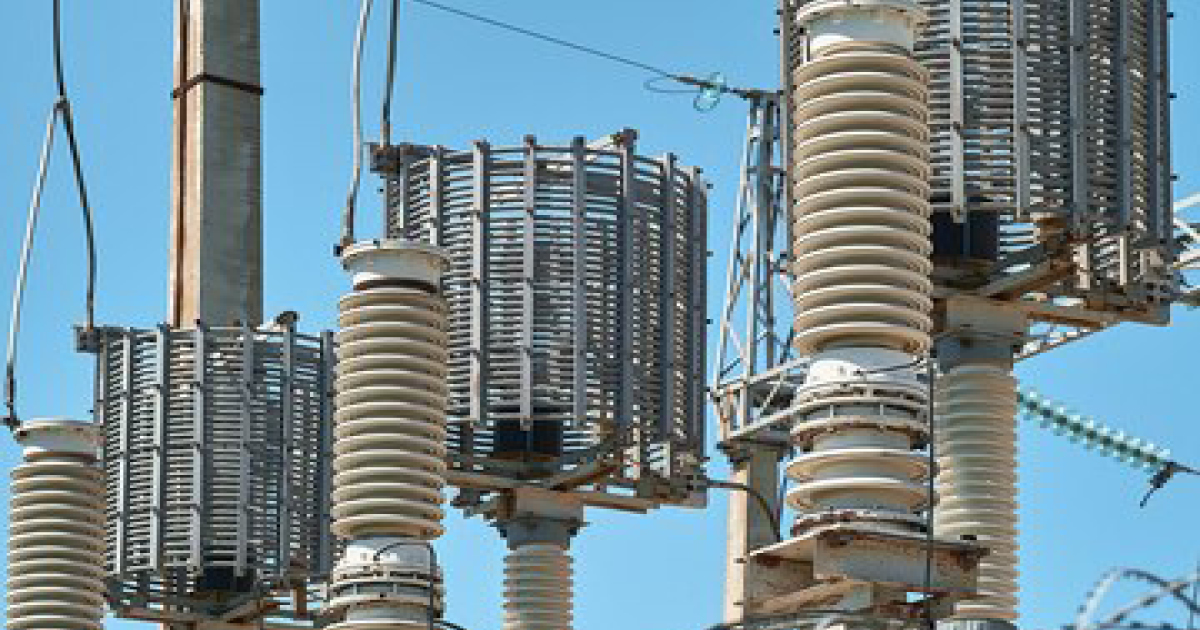Novel Advances in High Voltage Insulation
A special issue of Applied Sciences (ISSN 2076-3417). This special issue belongs to the section "Energy Science and Technology".
Deadline for manuscript submissions: 31 May 2026 | Viewed by 8962

Special Issue Editors
Interests: high voltage insulation
Interests: insulation coordination at altitude; atmospheric correction in electrical insulation systems; lightning direct effects; lightning electrostatics and electromagnetics; earthing and grounding; ecological impacts of lightning; high voltage and high current measurement techniques; optical sensing and measurement for harsh electromagnetic environments; computational electromagentics
Special Issue Information
Dear Colleagues,
This Special Issue highlights the latest developments in high-voltage insulation, emphasizing the incorporation and influence of machine learning and exploring additional aspects of this discipline. Its goal is to combine machine learning insights with advancements in high-voltage insulation materials, their design, condition monitoring, and diagnostics in a multidisciplinary manner.
We welcome submissions that investigate the use of machine learning methods in forecasting and detecting insulation issues, improving the dependability of high-voltage systems, and optimizing maintenance approaches. Submissions should showcase the successful integration of machine learning algorithms with high-voltage insulation technologies, addressing the obstacles and advancements in the field.
This Special Issue also invites research on innovative insulation materials and their characteristics, sophisticated production methods for insulation systems, and creative approaches for testing and evaluating insulation. Research on the impact of the environment and ageing on high-voltage insulation, along with the creation of environmentally friendly and long-lasting insulating materials, is also a focus of interest.
This extensive compilation seeks to encompass theoretical research and practical case studies to offer a complete perspective on current trends and potential advancements in high-voltage insulation technology. This platform facilitates the sharing of findings and ideas among researchers, engineers, and industry professionals in the field of high-voltage insulation. It aims to drive innovative solutions using machine learning and advancements in material science and engineering.
Dr. Rahmat Ullah
Dr. David Clark
Guest Editors
Manuscript Submission Information
Manuscripts should be submitted online at www.mdpi.com by registering and logging in to this website. Once you are registered, click here to go to the submission form. Manuscripts can be submitted until the deadline. All submissions that pass pre-check are peer-reviewed. Accepted papers will be published continuously in the journal (as soon as accepted) and will be listed together on the special issue website. Research articles, review articles as well as short communications are invited. For planned papers, a title and short abstract (about 250 words) can be sent to the Editorial Office for assessment.
Submitted manuscripts should not have been published previously, nor be under consideration for publication elsewhere (except conference proceedings papers). All manuscripts are thoroughly refereed through a single-blind peer-review process. A guide for authors and other relevant information for submission of manuscripts is available on the Instructions for Authors page. Applied Sciences is an international peer-reviewed open access semimonthly journal published by MDPI.
Please visit the Instructions for Authors page before submitting a manuscript. The Article Processing Charge (APC) for publication in this open access journal is 2400 CHF (Swiss Francs). Submitted papers should be well formatted and use good English. Authors may use MDPI's English editing service prior to publication or during author revisions.
Keywords
- condition monitoring
- modern insulation system
- insulation aging
- life expectancy
- machine learning in insulation system
Benefits of Publishing in a Special Issue
- Ease of navigation: Grouping papers by topic helps scholars navigate broad scope journals more efficiently.
- Greater discoverability: Special Issues support the reach and impact of scientific research. Articles in Special Issues are more discoverable and cited more frequently.
- Expansion of research network: Special Issues facilitate connections among authors, fostering scientific collaborations.
- External promotion: Articles in Special Issues are often promoted through the journal's social media, increasing their visibility.
- Reprint: MDPI Books provides the opportunity to republish successful Special Issues in book format, both online and in print.
Further information on MDPI's Special Issue policies can be found here.






